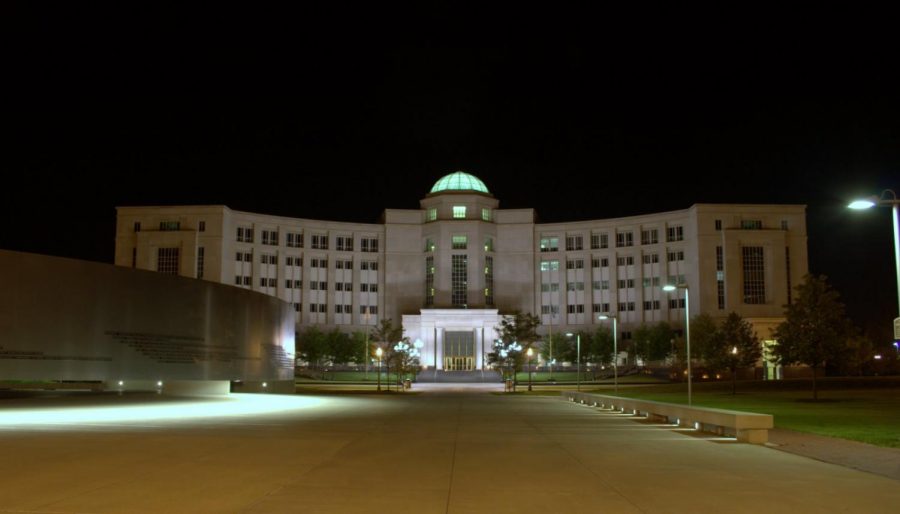Stemming from a case over access to a knee-replacement surgery, the Michigan Supreme court issued a ruling Friday that is bound to significantly affect how coronavirus restrictions are governed over the coming weeks. The court struck down a critical section of law that greatly affects the governor’s emergency powers.
Jeffery Gulick sought the procedure by the Midwest Institute of Health, a healthcare provider, but was forestalled by coronavirus restrictions within the executive orders at hand.
The court ruled on a law under which Governor Gretchen Whitmer has issued multiple executive orders during the coronavirus pandemic. They reason that because one law assigned powers to the executive branch that are meant for the legislature, and because it did so indefinitely, it is “an unlawful delegation of legislative power to the executive branch in violation of the Michigan Constitution” according to the opinion. In addition, the court unanimously held that all executive orders with regard to COVID-19 that have been made since Apr. 30 are made with ill authority. According to the opinion, “the executive orders issued by the Governor [past Apr. 30] in response to the COVID-19 pandemic now lack any basis under Michigan law.”
As it is with legal cases, however, the defendant has time to respond before anything is set in stone. Here, that time is 21 days. Until then, the governor can ask the court to reconsider or she herself can govern restrictions differently.
The governor has made a statement regarding the ruling, calling it “deeply disappointing.” She laments how “Michigan will become the sole outlier at a time when the Upper Peninsula is experiencing rates of COVID infections not seen in our state since April.”
The knee surgery case in question was first filed in federal court, but the court opted to certify some questions to be decided by the Michigan Supreme Court. This is done to effectively defer to state courts which are preferred in order to allow a state to rule their own constitutionality. This is why we see what was first a federal suit appear in state court.
There are two pieces of legislation that mandate the governor’s emergency powers in Michigan. One law, the EPGA from 1945, and the other, the EMA from 1976. Fully, they are known as the Emergency Powers of the Governor Act and the Emergency Management Act, and they give authority to a Michigan governor to use special powers reserved for specific emergency situations.
On Apr. 1 Governor Whitmer declared a state of emergency and disaster under the 1945 EPGA and the 1976 EMA respectively. These orders arrived among a series of similar others, including a 70-day extension to be approved by the legislature, which succeeded. These and other orders have been issued over the course of the pandemic since March. On Apr. 30, the governor issued an order that ended the state of emergency and followed up by issuing two others, bringing the state of emergency and state of disaster, the EPGA and EMA, into separate orders. Despite this, the court’s opinion still undermines the authority of the orders.
All state laws, of course, are subject to that state’s constitution, and this case proves no exception in the EPGA.
It is possible that the spirit of the governor’s series of orders will live on despite Friday’s rulings. In fact, state agencies such as the Michigan Department of Health and Human Services have mirrored much of the effect of Whitmer’s orders in yet-valid administrative rules. The governor will almost certainly begin to delegate to appropriate government agencies that aren’t at issue in this opinion to institute, or rather maintain, coronavirus restrictions.






One Response
Subvert might not be the best descriptive word to use but the article is well written. Basically, does the Michigan constitution allow any executive to issue executive orders that carry the force of law without a time limiting restriction and without the legislative branch? The answer is no both legally and practically. Whatever persuasion you are politically, we should never support a system devoid of checks and balances, manifesting itself through an executive branch that would be limited by no one. Legislatures make laws, executives carry them out. Good ruling for both DEM and GOP alike, now and in the future, whoever is in charge.